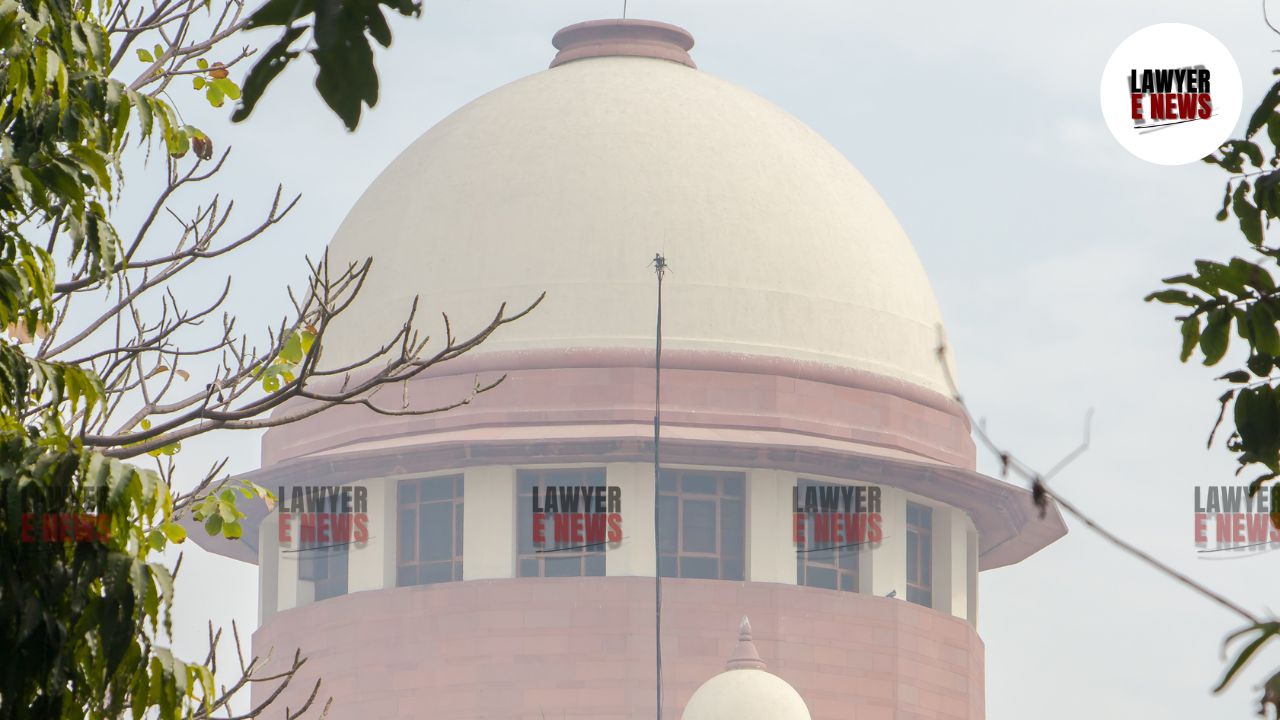-
by Admin
15 February 2026 5:35 AM



“Constructive res judicata cannot be used to silence challenges to government policies that affect public interest,” observed the Supreme Court. In a critical pronouncement on November 25, 2024, the Supreme Court of India ruled that the principle of constructive res judicata does not preclude a public interest litigation challenging successive government memoranda (GoMs) that favored elites with preferential land allotments. The Court, while deciding the case State of Andhra Pradesh & Others v. Dr. Rao V.B.J. Chelikani & Others, highlighted the distinct causes of action arising from new policies and emphasized the need to protect public interest.
The appeals arose following a 2010 Andhra Pradesh High Court ruling that struck down several GoMs issued between 2005 and 2008, which deviated from earlier frameworks and provided undue benefits to privileged groups. The appellants argued that the High Court’s 2007 decision in a prior case involving similar issues barred further challenges under the doctrine of res judicata.
The principle of constructive res judicata under Section 11 of the Civil Procedure Code, 1908, prevents re-litigation of matters that could have been raised in earlier proceedings. The appellants contended that the policy framework challenged in the current litigation should have been contested during the prior proceedings.
The Supreme Court rejected this argument, ruling that the successive issuance of GoMs, each with fresh implications, constituted new causes of action. It clarified that the doctrine of constructive res judicata does not automatically apply to public interest litigation (PIL), especially where issues of grave public importance arise. The Court stated:
"The principles of res judicata should not operate as a tool to shield unconstitutional actions, particularly when they relate to the distribution of State largesse that affects public resources and equity."
Citing its earlier judgments in Forward Construction Company v. Municipal Corporation of Greater Bombay and National Confederation of Officers Association v. Union of India, the Court emphasized:
"While res judicata fosters finality and prevents repetitive litigation, it must be applied cautiously in PILs to ensure public interest is not subverted under the guise of procedural technicalities."
The Court underscored the evolving nature of public policy and the corresponding right of citizens to challenge its legality. It noted:
"The issuance of successive memoranda with distinct terms and broader implications invalidates the argument of an identical cause of action. Constructive res judicata cannot stifle legitimate concerns about misuse of public resources."
The Court highlighted that the earlier litigation targeted specific allotments, whereas the current case sought to question the legality of the overarching policies. It ruled:
"Each new policy memorandum creates a fresh cause of action, particularly when it deviates from established norms or undermines constitutional principles."
By rejecting the application of res judicata, the Supreme Court reaffirmed the judiciary's role in safeguarding public interest. This ruling ensures that policies impacting public resources and equity remain open to scrutiny, reinforcing accountability and transparency in governance.
Date of Decision: November 25, 2024
